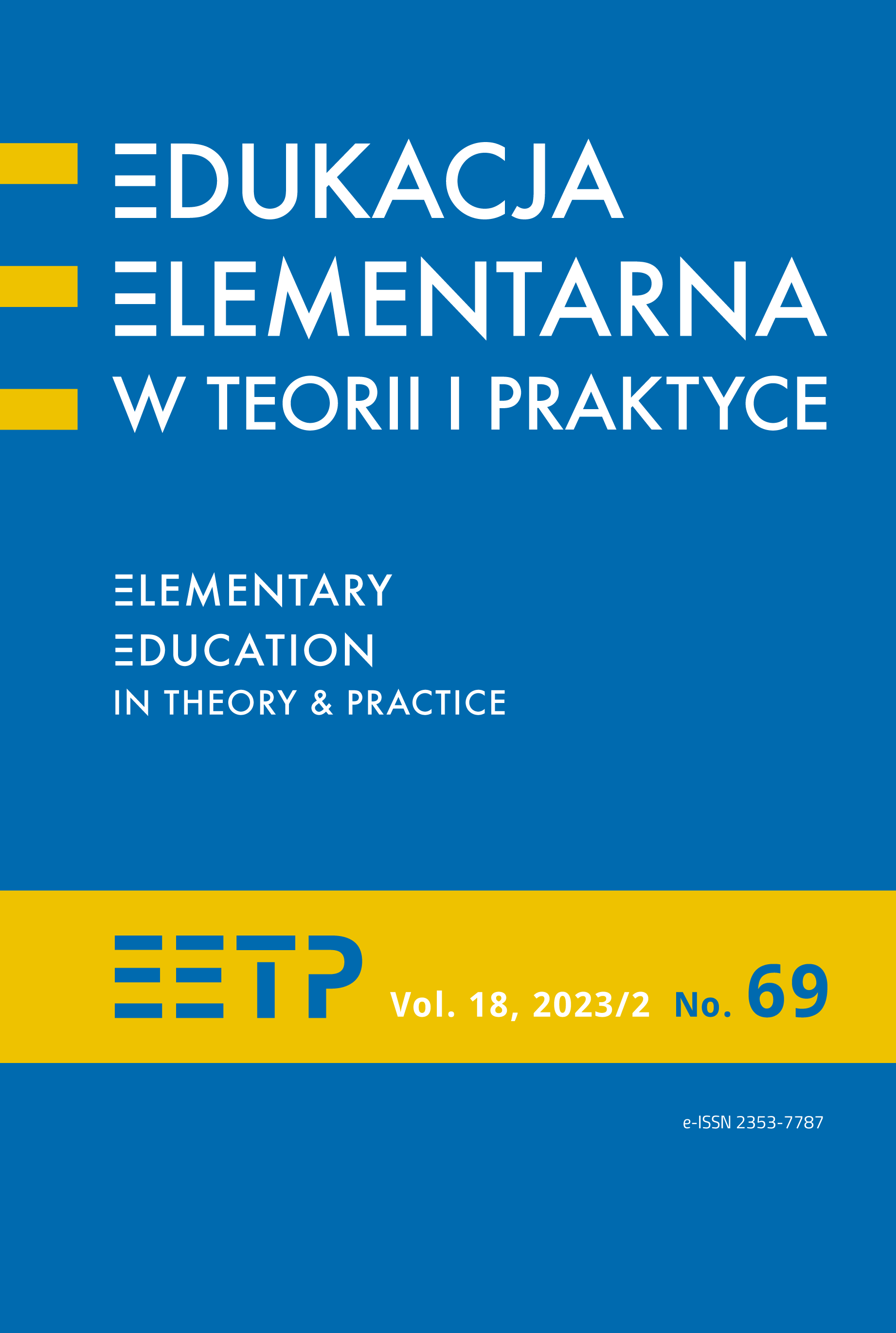Jak bodźce akustyczne wpływają na zachowanie i koncentrację dzieci w wieku przedszkolnym?
How Do Acoustic Stimuli Influence Preschool Children’s Behaviour and Concentration?
Author(s): Anna KosiekSubject(s): Preschool education, Educational Psychology, Pedagogy
Published by: Uniwersytet Ignatianum w Krakowie
Keywords: children; children’s development; sounds; noise; acoustic stimuli; psychoacoustics;
Summary/Abstract: The research aimed to find the positive and negative effects of acoustic stimuli on preschool children. It was divided into three parts: conducting surveys among parents and teachers on children’s behaviour and their daily acoustic conditions; measuring the sound pres- sure level in kindergartens; children-performed tasks in the presence of various sounds. The study showed that the sounds produced by the peers were the most distracting acoustic stimuli. It was observed that in the kindergartens where children tend to behave calmer and quieter, the results of tasks were much better, i. e. children are more willing to perform exercises, they do them quicker and focus on them for a much longer time. Sounds made by other children (especially sudden noises) often delayed the task’s completion or prevented it. It was also observed that if a sound was neither particularly interest- ing nor distracting for children, it had very little impact on the task performance. Attractive sounds caused delays, errors and, in some cases, they forced the children to completely ignore the instructions and focus on the appealing stimulus. Interestingly, road or domestic noise was almost imperceptible to children and had little impact on the tasks. Music, which children do not mind, proved to be a good masker of other distracting sounds.
Journal: Edukacja Elementarna w Teorii i Praktyce
- Issue Year: 18/2023
- Issue No: 2 (69)
- Page Range: 99-109
- Page Count: 11
- Language: Polish

